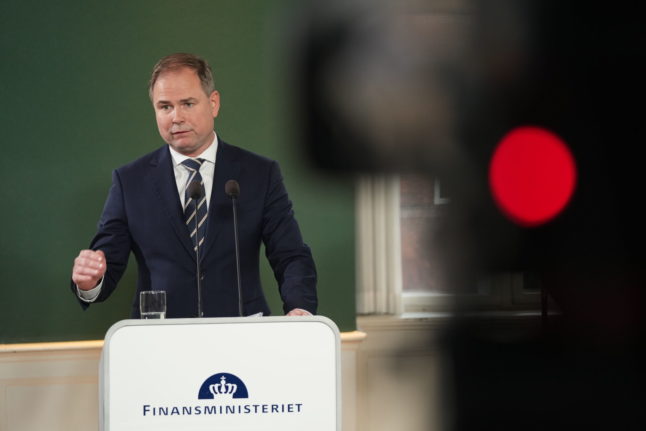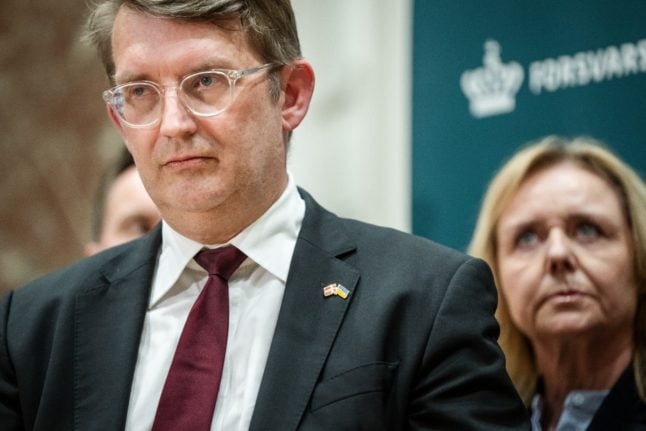The government unveiled its 2024 budget on Thursday, announcing it will not go forward with plans to broaden pension eligibility and offering up a pool of 500 million kroner for negotiation with other parties over the budget’s final form.
Some elements of the budget were revealed earlier this week by government members, including an expected raised tax subsidy for commuters in rural areas and cheaper ferry tickets.
The finance minister, Nicolai Wammen, said “the money box has got bigger and inflation has got smaller since we were here last” as the draft budget was presented on Thursday.
“The Danish economy is, in other words, sturdy. That gives us the ability to again raise our sights and see where we want to make investments in Danish society,” he said.
Wammen said earlier in the summer that the budget was not expected to herald major changes, because the 2023 budget was only passed in May, having been delayed because of the election last year, which took place at the time budgets are normally handled in parliament.
Reserve slightly up on 2023, low historically
A so-called “negotiation reserve” (forhandlingsreserve), a pool of money in the budget that can be allocated at a later date based on agreements between parties, is set at 500 million kroner in the new budget. Opposition parties are customarily invited to talks with the government to decide on how this money will be spent.
The government said it wants the reserve to be spent on “further raising the green transition and welfare”.
The amount is less than the 1.5 billion kroner reserve seen in some recent budgets, but a step up from the 200 million in the 2023 draft budget, which was later revised upwards to 350 million.
Pensions
The planned extension to the pension rules would have applicants who can only work 18 hours per week able to apply for the seniorpension, also known as the “Arne pension”, that allows people with reduced ability to work in physically demanding jobs to retire up to six years early.
That limit would have been higher than the current 15 hours, meaning more people could have qualified for early retirement.
“In relation to pensions we are not degrading the existing senior pension. It’s correct that the extension that had been talked about will not materialise with this budget,” Wammen said.
Climate
A billion kroner is earmarked for spending on climate issues in 2024.
“This doesn’t achieve our targets in Denmark, but it moves us forward,” the draft budget states.
An additional 100 million kroner per year is set aside from 2024-26 for green conversions in the heavy transport sector.
Psychiatry
Prior to the presentation of the budget on Thursday, the government had already revealed some plans for investment in mental health care. That includes 3.2 billion kroner additional budgeting on psychiatric care in the health system up to 2030.
That includes plans for a 24-hour mental health phone service that will act as a psychiatric emergency line. The government will speak to regional health authorities over a plan to implement the service.
Patients will be able to call the line and receive advice in emergency mental health situations and be referred for treatment if needed, wherever they are in the country.
“There are so many people who need us to have better mental health services. That includes affected people and their families and loved ones. We must do better. That will now be possible,” Wammen said.
Foreign ministry
The government wants to back the foreign service with 12 percent increased funding over the next four years. That equates to 500 million kroner in 2024, 600 million kroner in 2025, 700 million kroner in 2026 and 800 million kroner in 2027.
The aim of this spending is to prevent Danish embassies from closing and to open new ones.



 Please whitelist us to continue reading.
Please whitelist us to continue reading.
Member comments